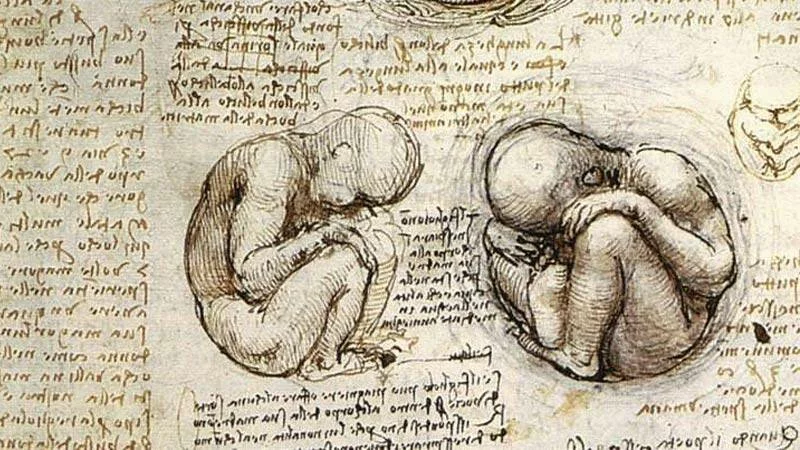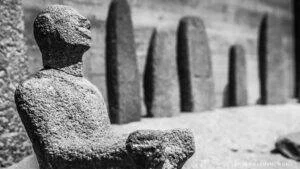The opposition between God and humanity’s corruption is a common theme in Paul’s anthropology, and so it is unsurprising that it becomes central to the anthropologies of many of the reformers as well. In his commentary on Romans 8, Lutheran Johannes Brenz (1499-1570) uses the illustration of a wolf among sheep to demonstrate the enmity between humans and God, arguing that just as a wolf’s natural inclination is to be opposed to the sheep, so is fallen humanity set against God. It is thus only by the work of Christ and the power of the Holy Spirit, therefore, that natural humans might wrestle with the flesh and be reconciled with God.
A Wolf, a Serpent, and Forgiveness in Spite of the Old Nature
For just as a wolf by its natural disposition prowls about against the sheep—nor can it be that either the wolf should become a sheep, or that he may pursue the sheep with a pure and spotless mind—thus the natural man or woman is an enemy to God, nor can it be thatAlthough they still have sin and have enmity toward God in their flesh or their old nature, nevertheless they have no damnation, because they have Christ through faith. according to this nature that the one corrupted by sin can become a friend of God. And just as there is a natural enmity between the serpent and man, therefore, the man was led astray by the craft of the serpent and being made its captive by nature, he is not able to not hate God. Therefore, what shall we say? If the nature of the self is not able to not hate God, nor is it able to yield to the law of God—which is God’s justice—should that person be condemned? Can it be that all sin is voluntary? Can it be that God is angry against his own creation, which cannot change itself? It was said above concerning the saints, although they still have sin and have enmity toward God in their flesh or their old nature, nevertheless they have no damnation, because they have Christ through faith, and they fight with the flesh through the Holy Spirit, and the enmity that they have after their rebirth against God is left in their nature. But the wicked are justly condemned, because not only are they captives of their own flesh, but also, though God influences them by his great kindnesses and his grace, which he clearly offers through the gospel of his Son, they oppose him with an obstinate zeal.








Comments
Be the first one to make a comment!